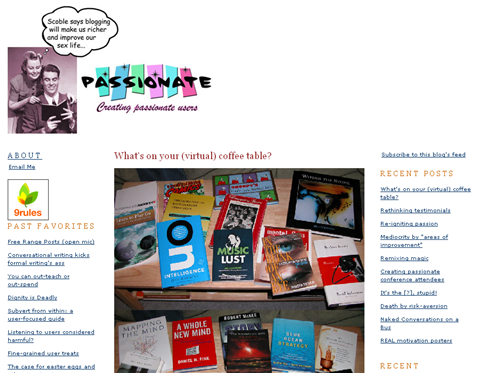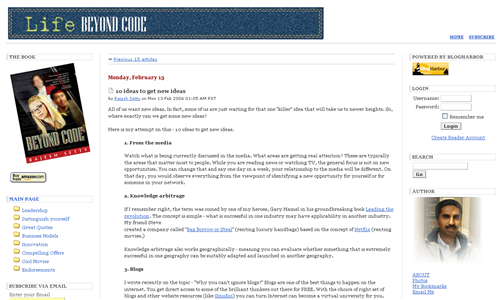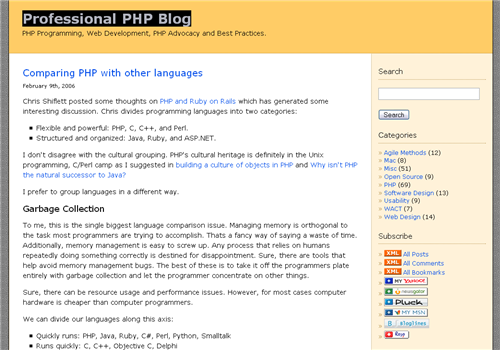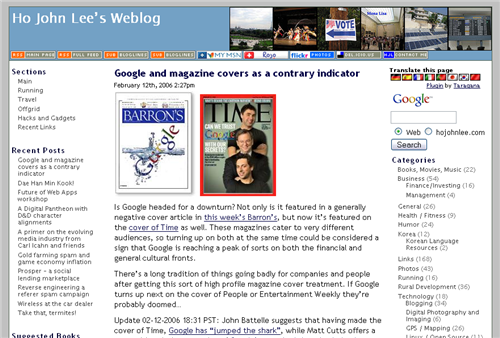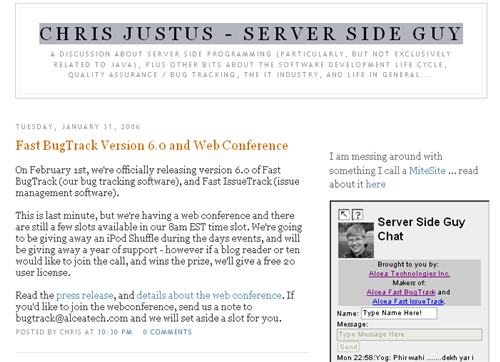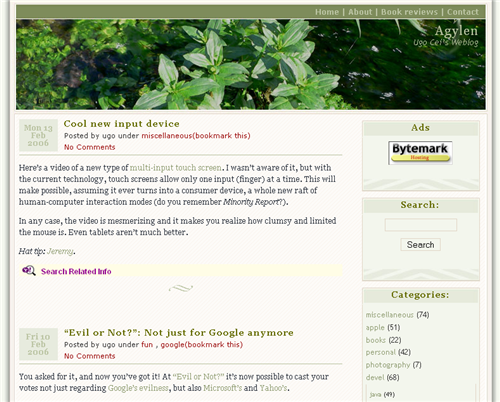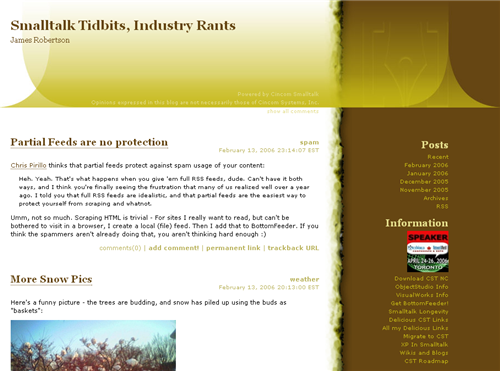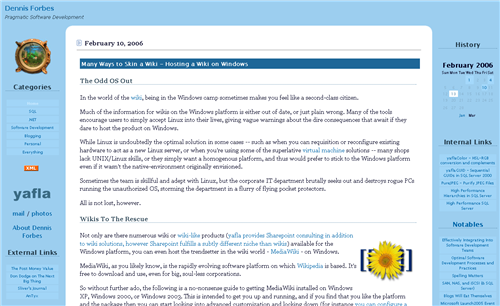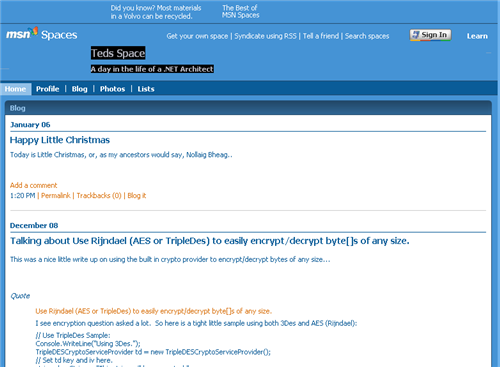As the first article for this site, I thought what better subject than the beginning. In the world of today, with all it’s newfound enthusiasm for desktop-like applications on the web, what purpose does Clarion have? The gap between desktop and web interfaces is closing, and although i’m sure there are inherant differences that mean they will never completely overlap, I’m sure for the imaginative developer those differences wouldn’t mean squat.
Clarion. It’s an awesome tool. It takes away the fuss of creating base tools in C++ (and other languages) to do the groundwork. Clarion allows you to concentrate on implementing functionality, business rules, data modelling, etc.
This is what Clarion does best. You can create an app in a few minutes. A program that at it’s core collates data.
So how is this different from knocking something up in ajax/php/…? on the web, or even using the big-gun of 4GL programming, Delphi?
The web app will always have an inherent issue with the user. Your data is being stored somewhere else other than the computer you are using.
This is a very important understanding to grasp as the developer. This doesn’t stop web development. I mean, look at salesforce.com. It’s that I think we need to be able to develop in both places, taking advantage of the strengths of both approaches.
Security. That large somewhat nebulous concept is the big difference I can see between desktop and web. Where is your data stored? On your computer, or on someone elses? How many people can get access to your data?
I guess in the age of broadband, that difference might not be big. In fact, the more I think about it, the differences are mostly perceived. The user thinks, "Because the data is on my computer, it’s safer." With the amount of press worms and hackers get these days, the general public’s perception is most definately changing.
So if you could take that perception, and give them trust in your product, no matter what it was, you would have something. I think that’s what Google is doing. They have established trust with their clientelle. Which is everyone.
Where is this going? I’m not sure. I started out with the aim to talk about why you would use Clarion in today’s world.
I guess my mind is leading towards this :: that you might not. Depending on the situation, and what were the best tools to use. What the product was. What kind of team you have. The needs of the user, and their understanding. Lots of stuff that goes into the planning of a project.
Clarion does some things very very well. It is second to none, my opinion there, with respect to building a database application. With third-party templates and some of the icon libraries floating around, you can create an awesome, awesome looking app. And with some smart database design, intuitive interface, and exciting functionality, developing in Clarion is a blast.
So I guess, this is more of a global article. My ramblings on choosing Clarion as a development tool. And there aren’t many particularly helpful insights. But it’s an article.

